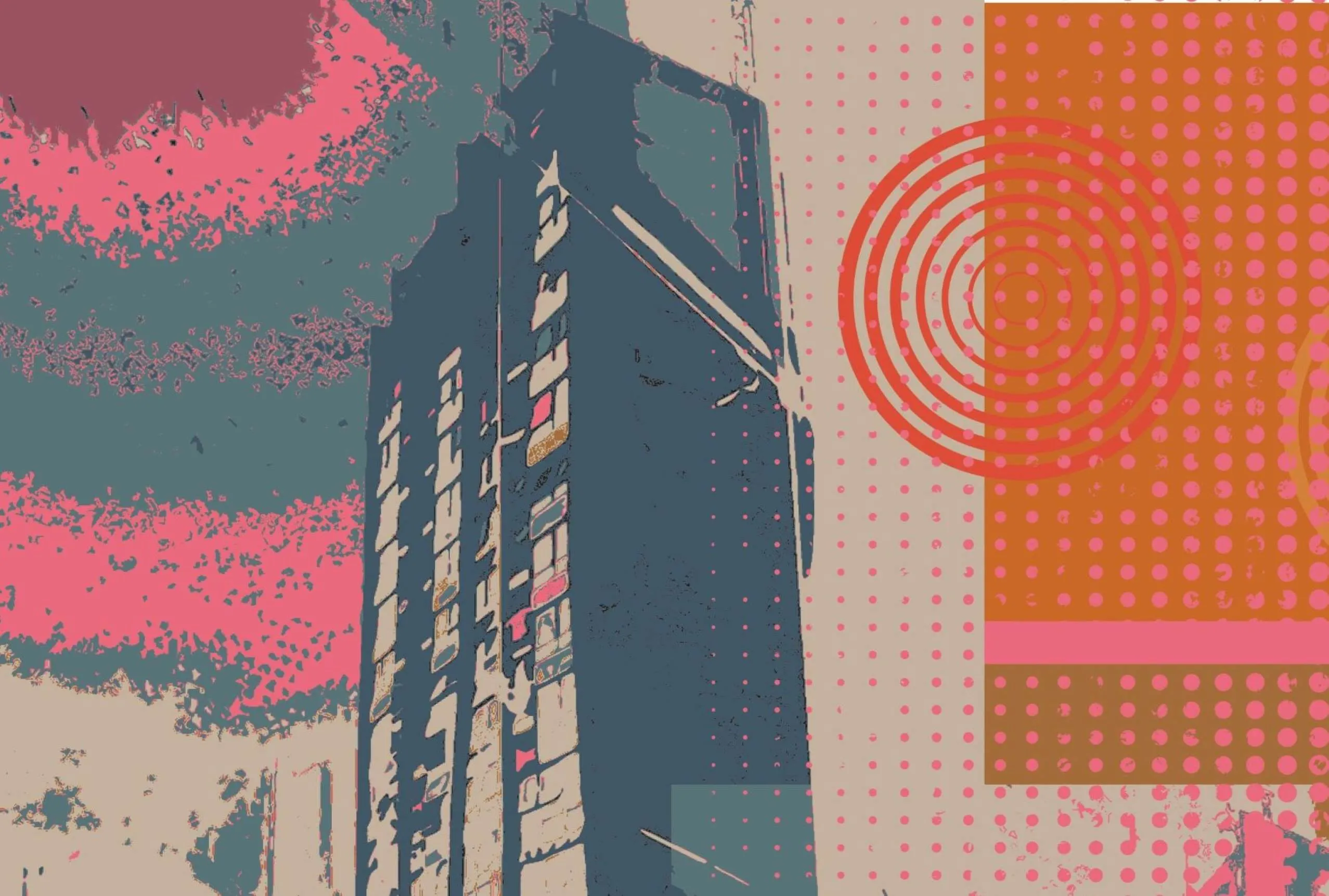 This article is part of the series — What to Expect from 2021.
This article is part of the series — What to Expect from 2021.
As we usher in 2021, all indicators suggest that several Asian cities will sprint towards becoming megacities — cities with populations of ten million or more. In India, Bengaluru will undoubtedly be declared a megacity by the next Census, joining the ranks of Mumbai and Delhi. Many other Indian cities are threatening to walk the same path. This is not ideal. As seen in the fight against COVID-19, India faced the most daunting challenge in its megacities. Mumbai and Delhi were mauled by the pandemic and have been reminded that the virus has the ability to re-appear and cause extensive damage. Megacities provide pandemics with a wholesome
breeding ground. This situation and host of other factors raise two important questions — Are megacities the right model for urban development? Can their positives outweigh their negatives?
Those that admire the glitz and glamour of megacities will decidedly parade the positives — such cities to attract women and men of multi-faceted quality, and their ability to draw international investment and wealth. These factors are undeniable and are unmatched in scale by smaller cities.
If equity is the key concept in any modern democratic development theory, then megacities comprehensively fail the test.
Despite these assets, megacities have a darker side that cannot be ignored. If equity is the key concept in any modern democratic development theory, then megacities comprehensively fail the test. The ubiquitous slums of megacities that provide shelter to the poor are inhumanly dense and often do not have basic services, forcing a substantial number of people to live in subhuman conditions. This is exploitation of an extreme kind as the megacities accept the labour and services provided by the urban poor but are unprepared to provide them with decent living conditions.
Megacities develop a huge affordability issue. While Indian cities, in general, are
twice as expensive as villages, megacities are in a league of their own in terms of costs. The primary factor that contributes to cost is the price of land, which rises as cities expand in size, density and activities, converting land into a highly scarce commodity. This phenomenon tends to price out large segments of the population from housing and small businesses. For the poor and the lower middle class, life in misery is their fate.
The primary factor that contributes to cost is the price of land, which rises as cities expand in size, density and activities, converting land into a highly scarce commodity.
Megacities seem unkind to the environment and public open spaces. As pollution from multiple sources rises, and an increasing amount of construction happens to accommodate more and more activities, open spaces are devoured, leading to a deterioration in the quality of life. Additionally, megacities appear to show a greater
propensity to crime. Criminals like the greater access to wealth, greater anonymity and lower probability of discovery. In the area of health, megacities promote a fast-paced life, daily travel over long distances and odd hours of work. The result is a stressful environment and unhealthy food habits.
Lifestyle diseases such as obesity, diabetes and hypertension and psychological disorders find a ready home in such cities.
In essence, while megacities generate mega economy, they hurtle down the hill on almost all benchmarks of livability. Evidently, such cities, which are inequitable, unaffordable, un-environmental and unhealthy, cannot be sustainable. A way must be found to reverse this trend.
The views expressed above belong to the author(s). ORF research and analyses now available on Telegram! Click here to access our curated content — blogs, longforms and interviews.



 This article is part of the series —
This article is part of the series —  PREV
PREV


